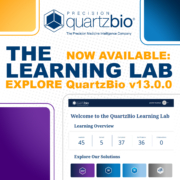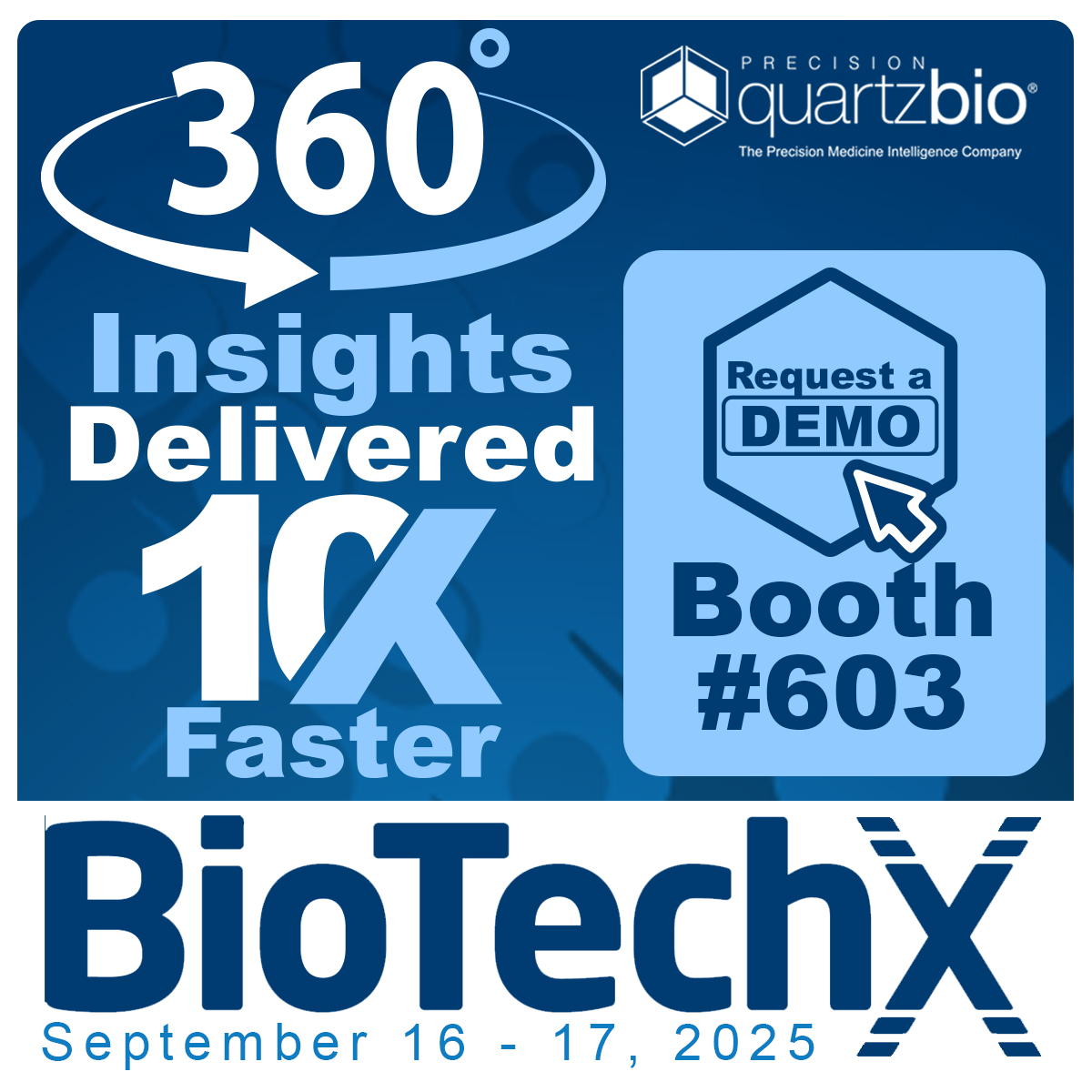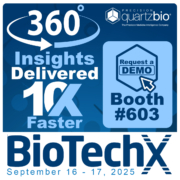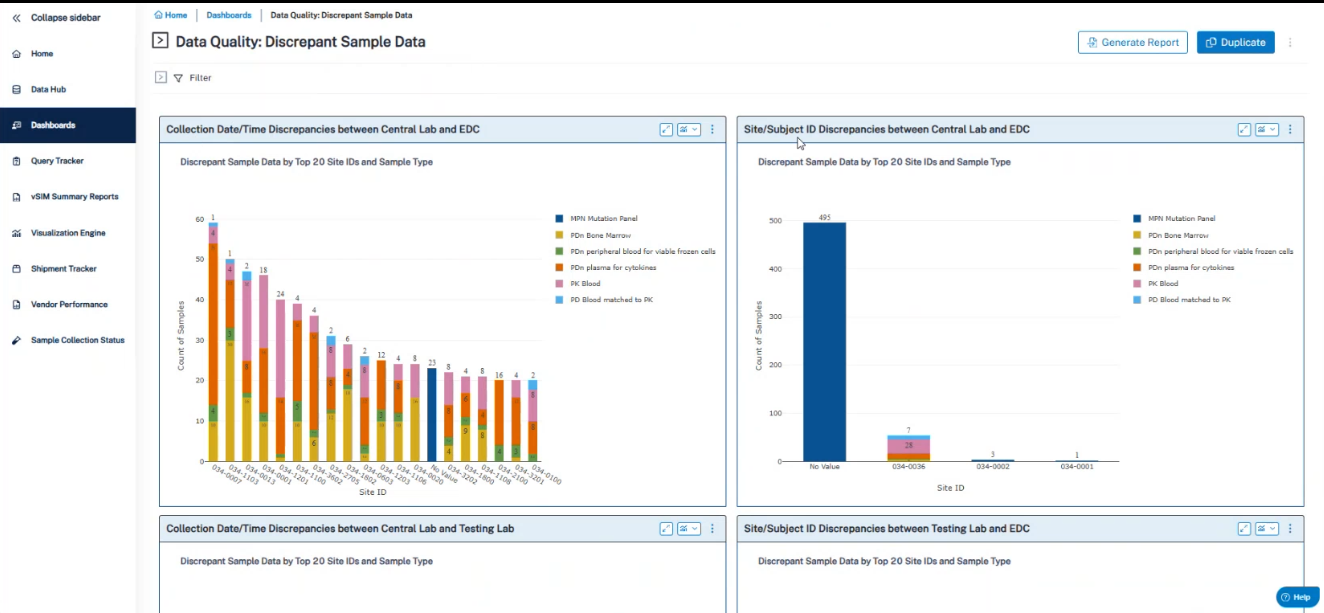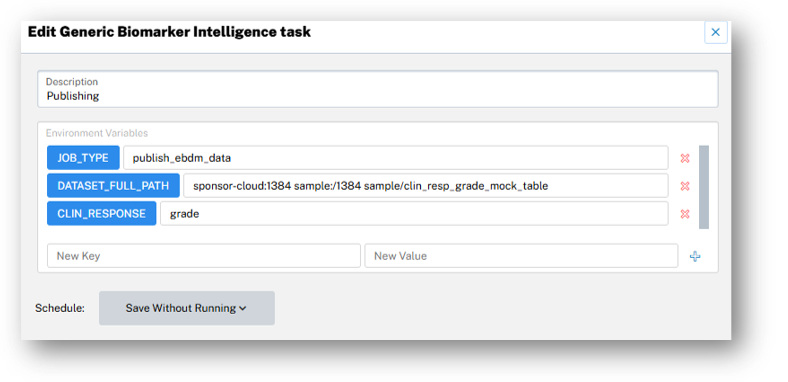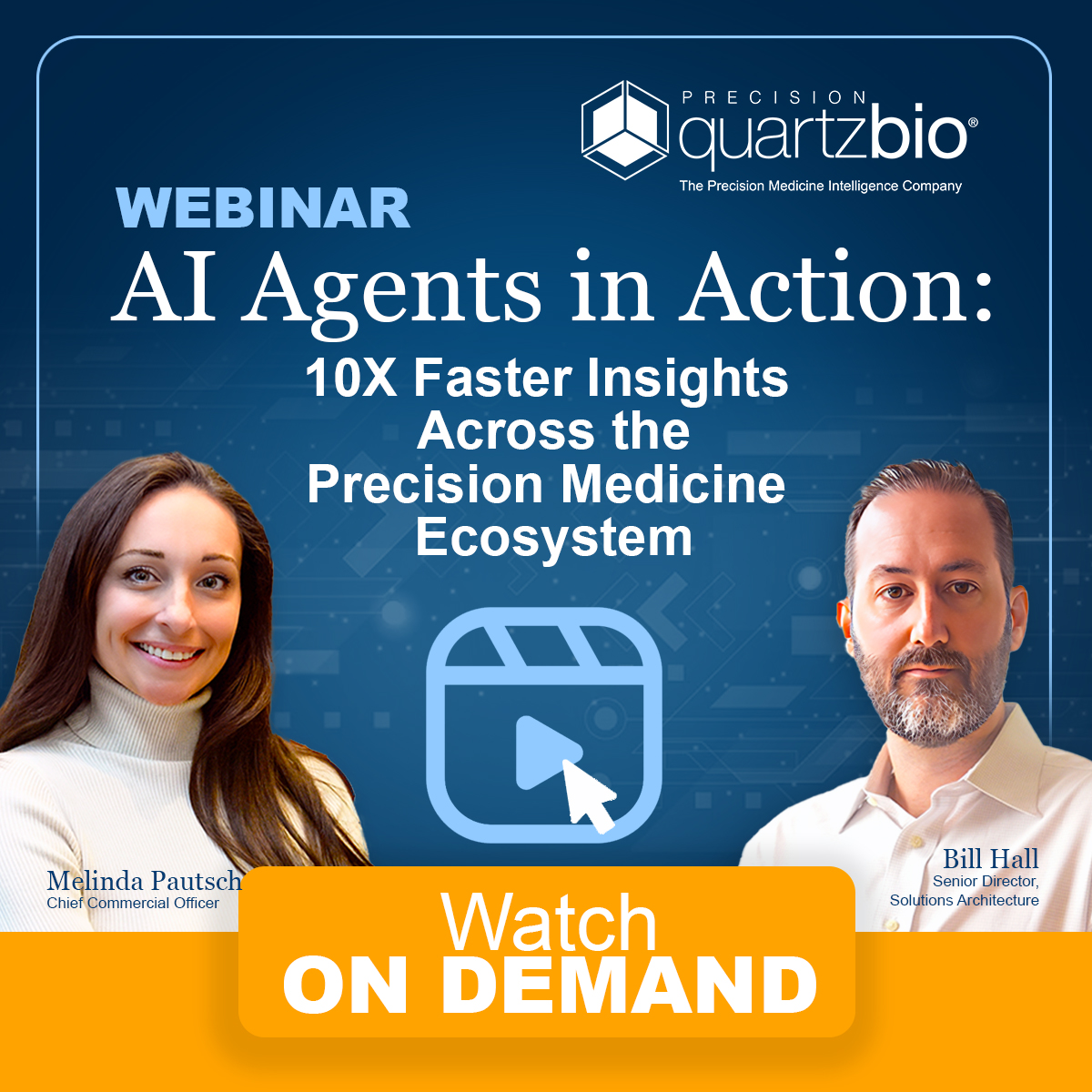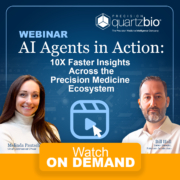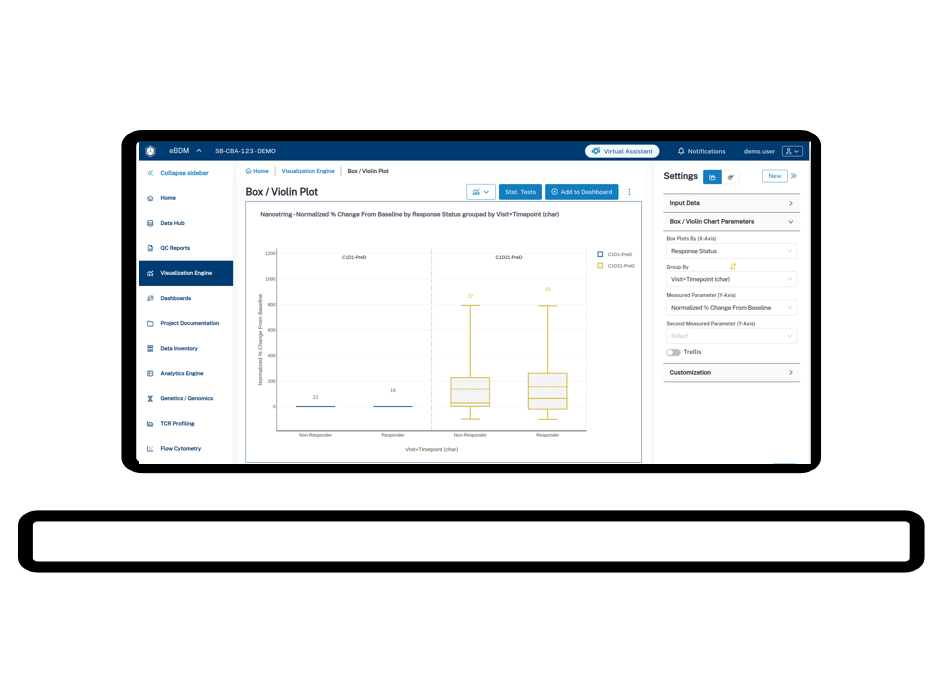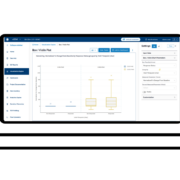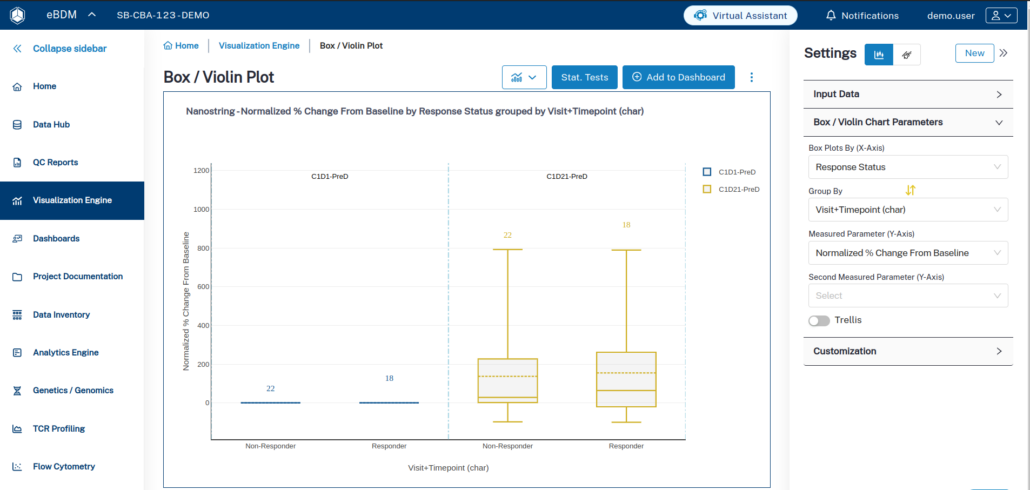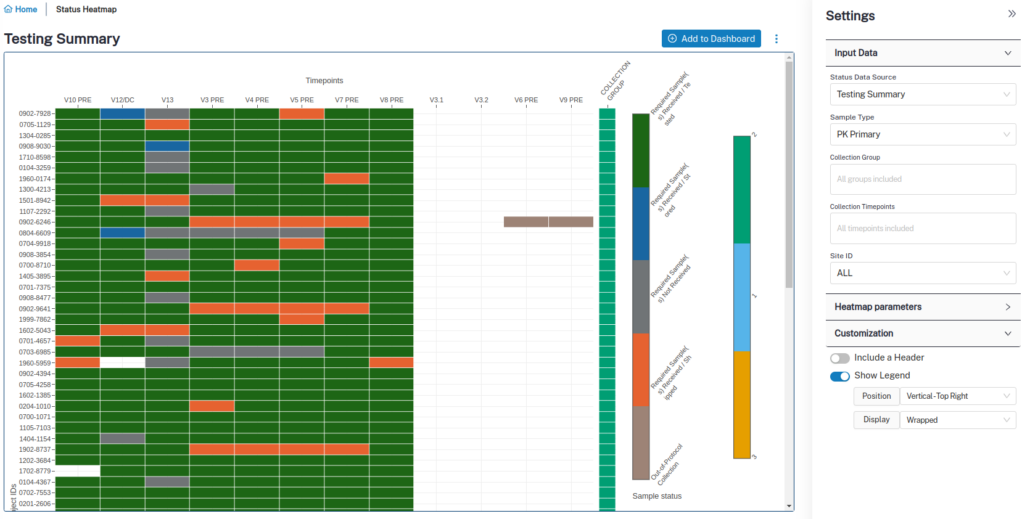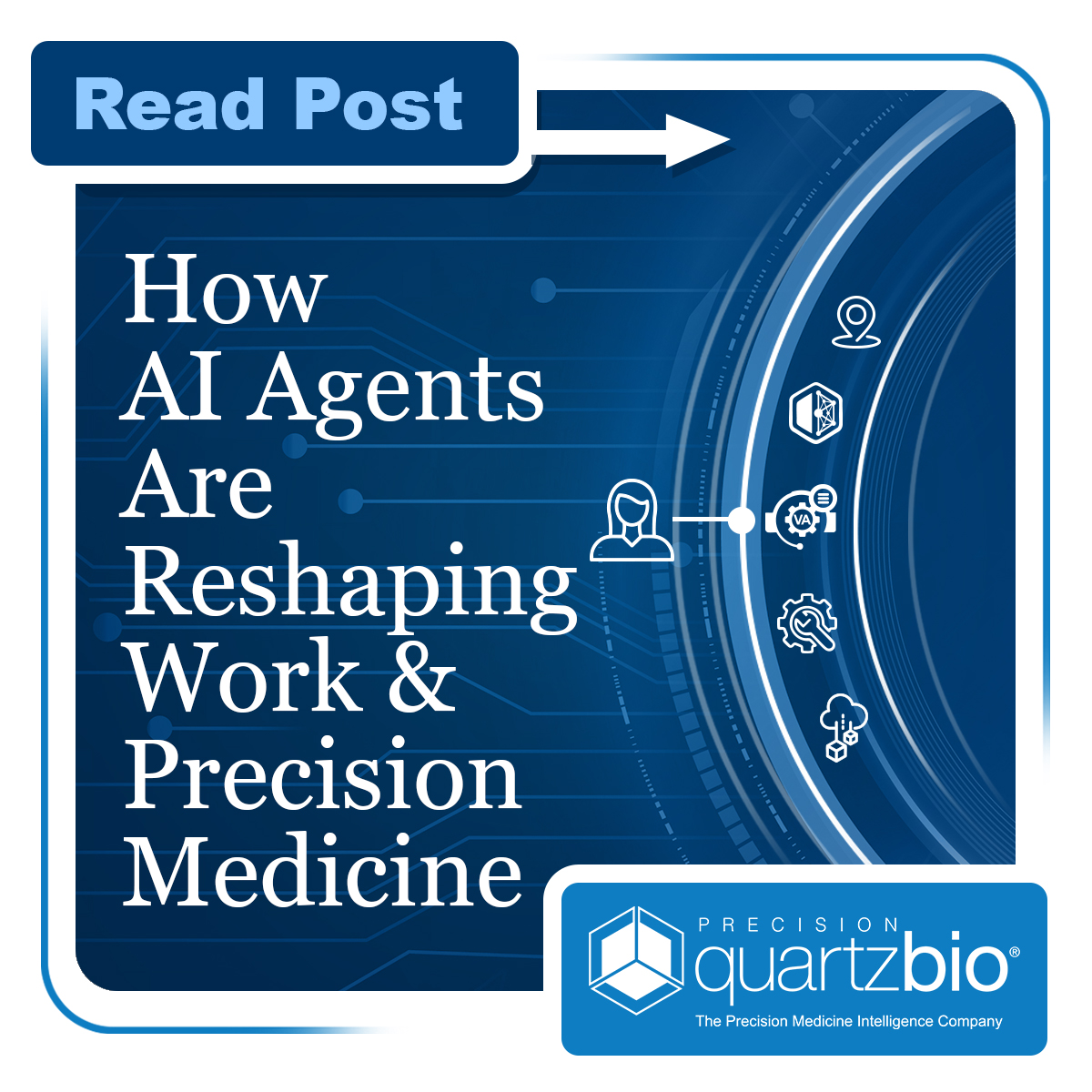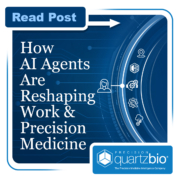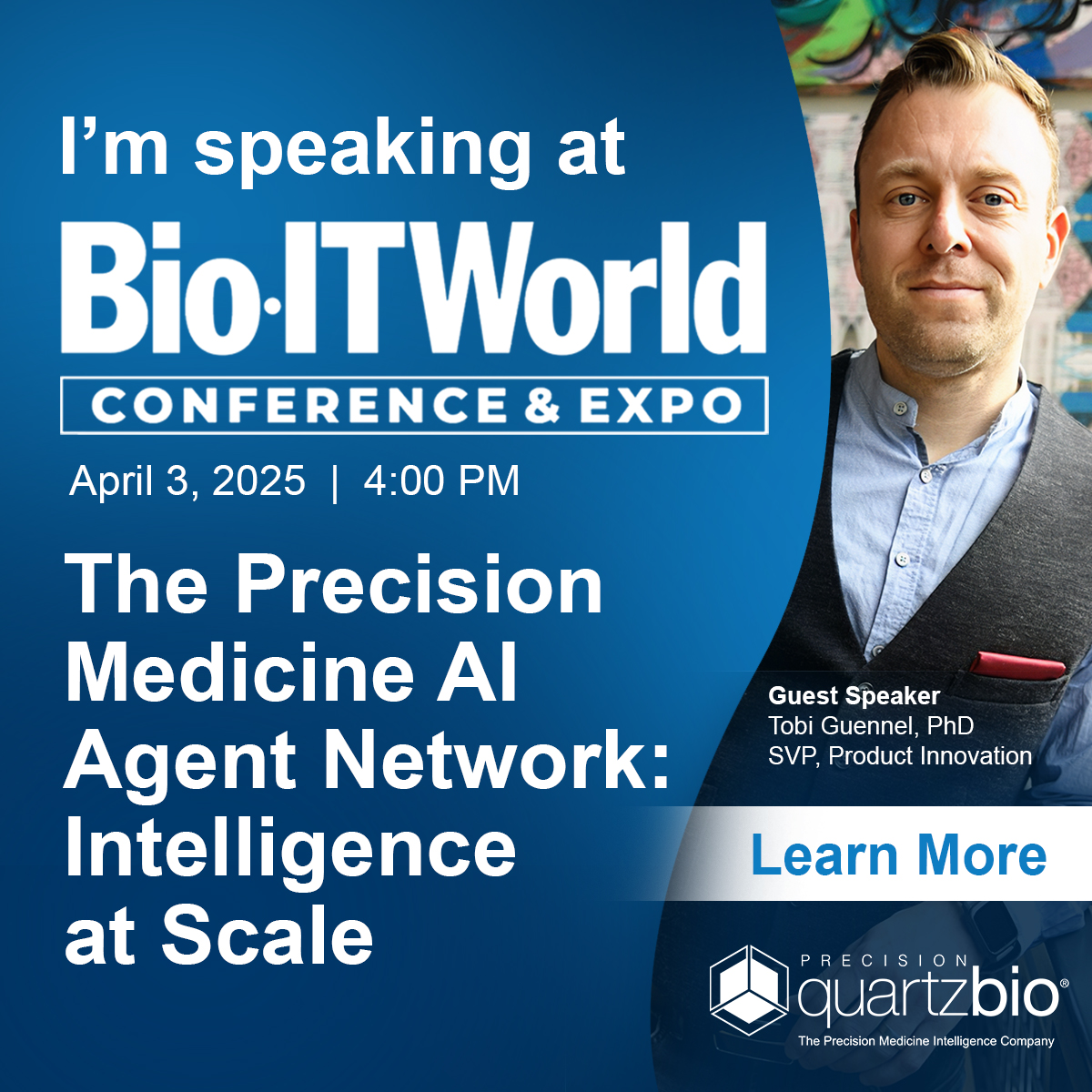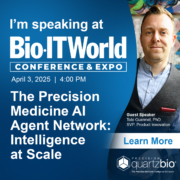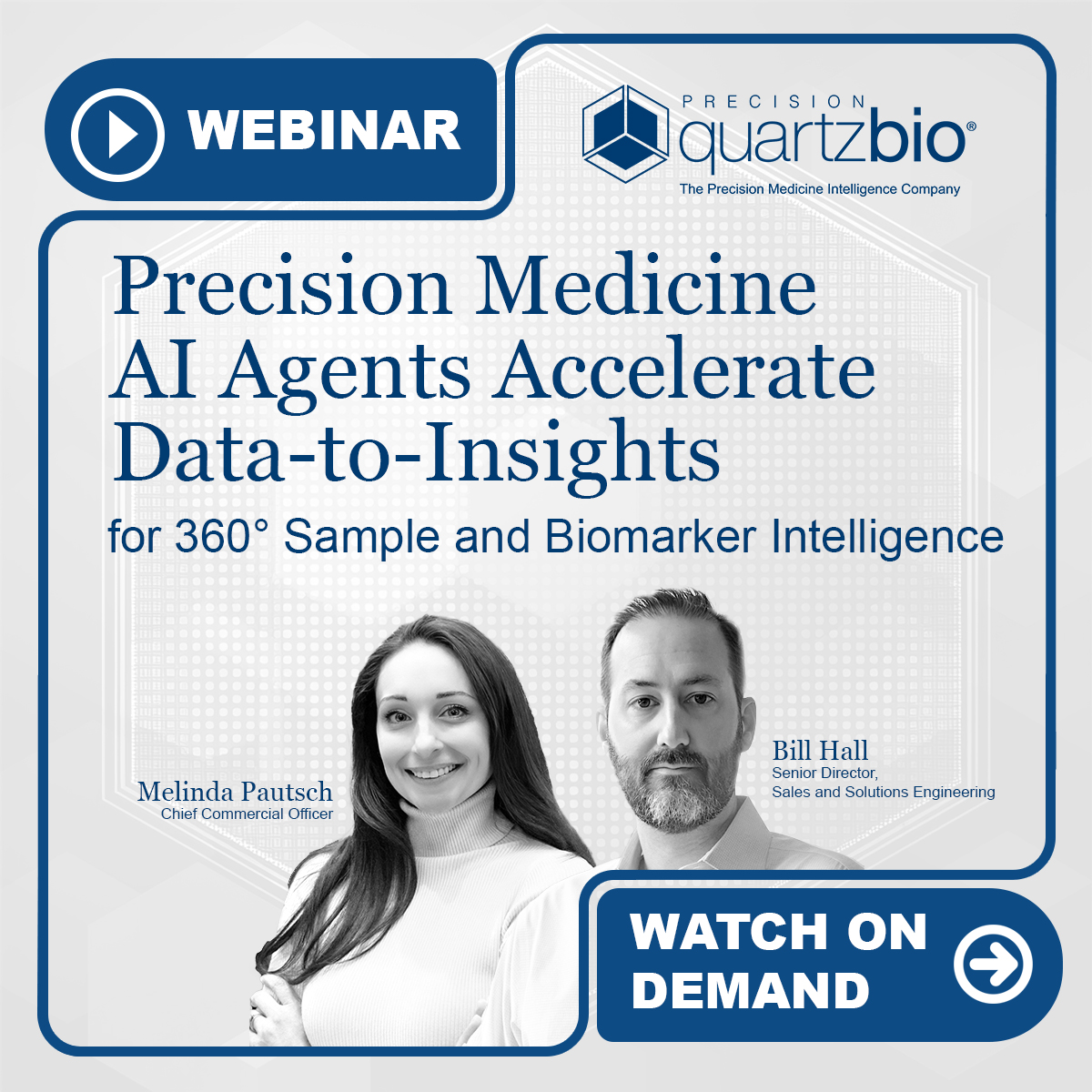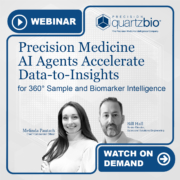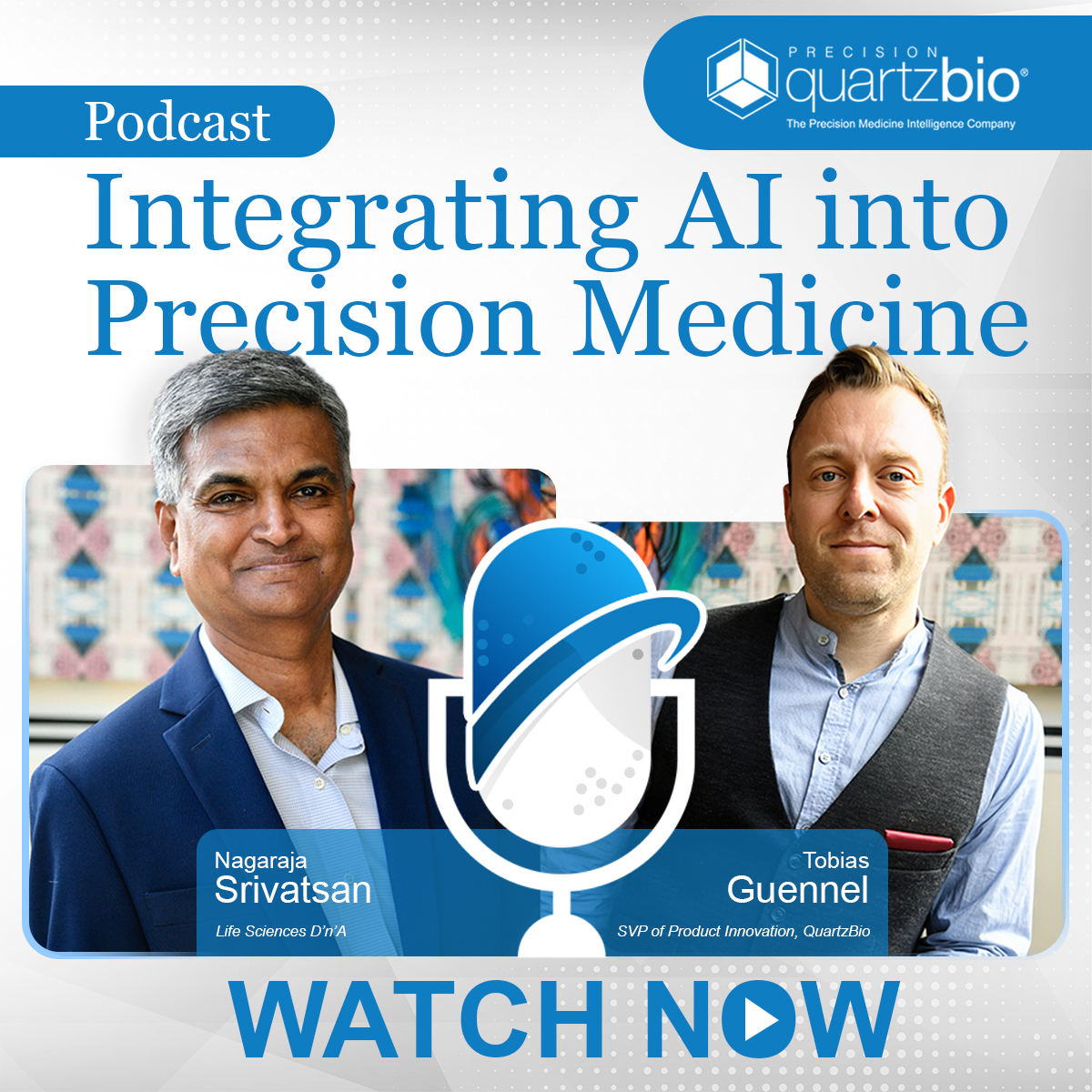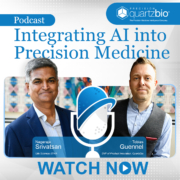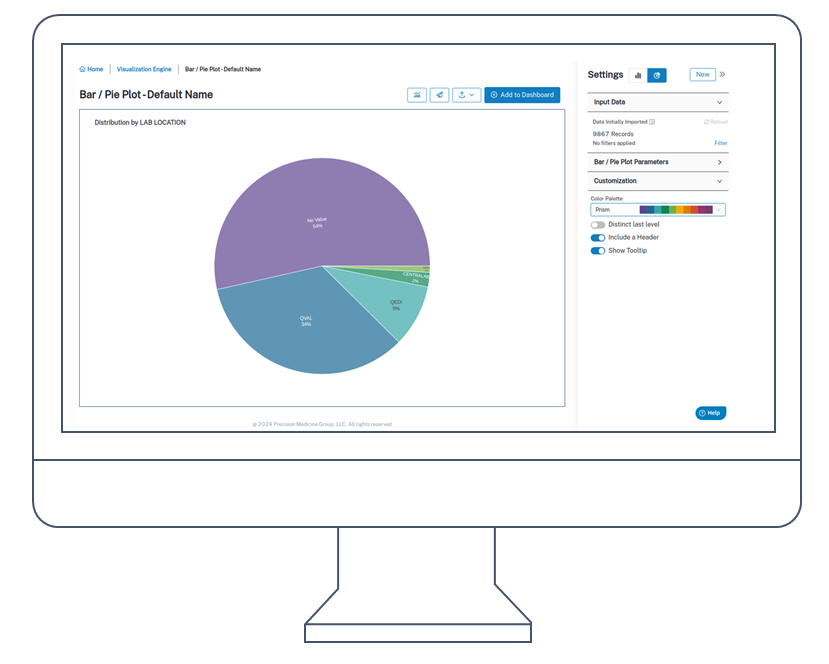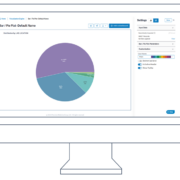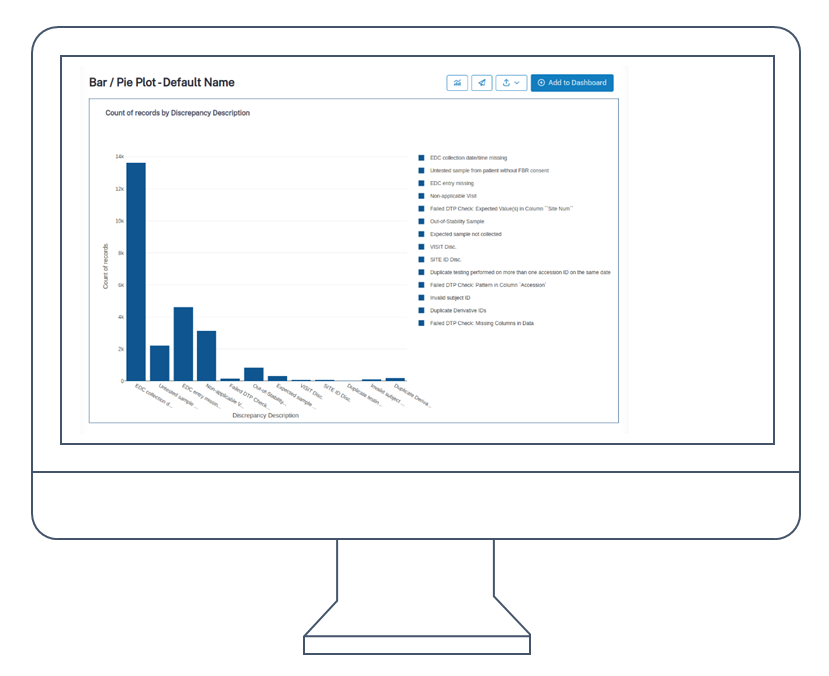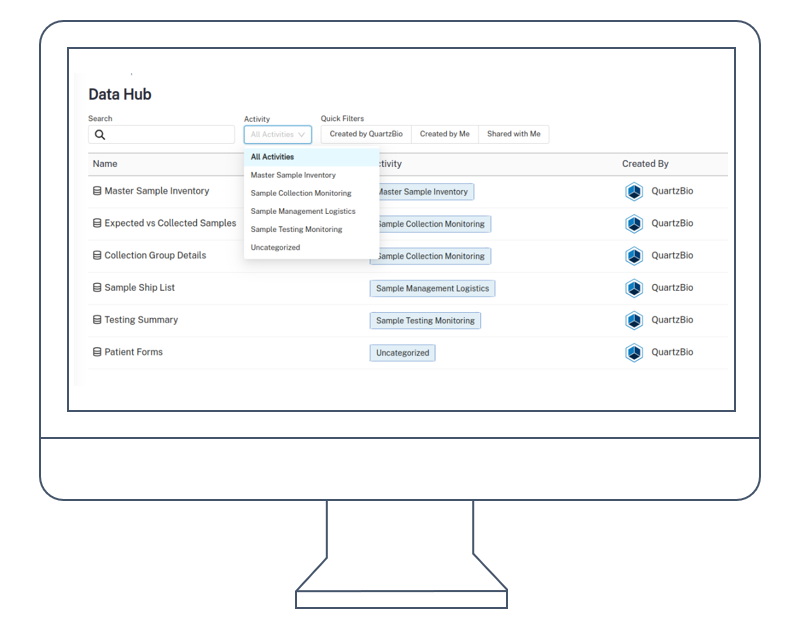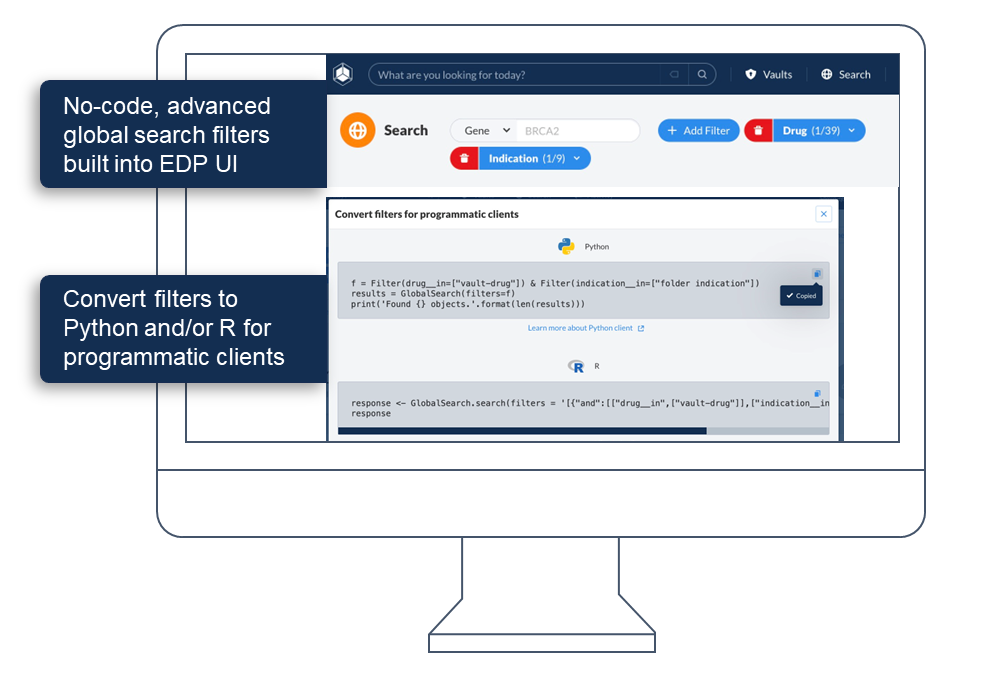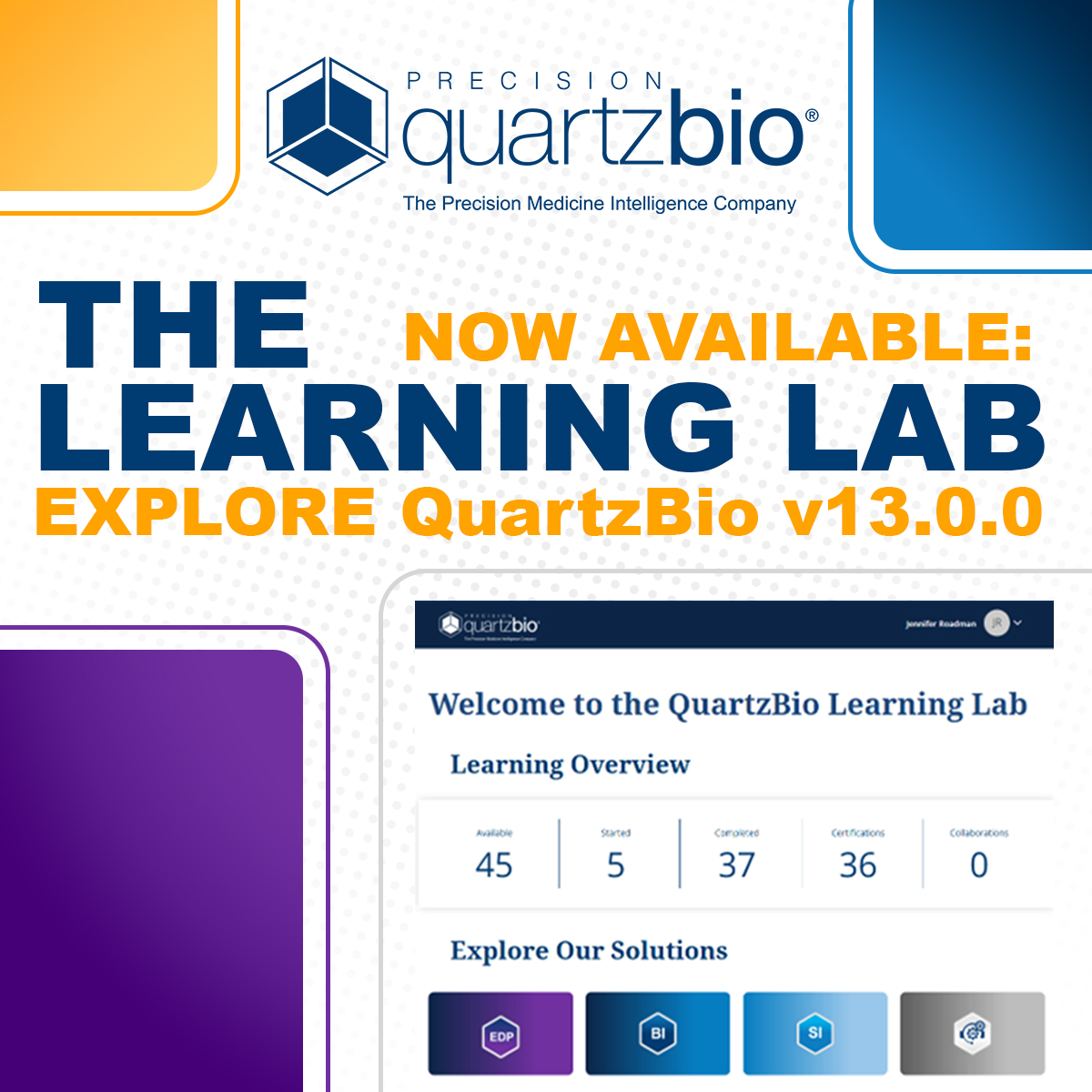
This week, as part of our v13.0.0 major release, our customers gained access to the expanding QuartzBio Learning Lab – a centralized, easy-to-navigate hub for training, product documentation, and updates.
Accessible from the Sample Intelligence Solution, Biomarker Intelligence Solution, or from the Enterprise Data Platform layer, the Learning Lab empowers teams with:
- Flexible, On-Demand Access: Users can complete training anytime and anywhere, minimizing disruption to daily operations.
- Role-Based Learning Paths: Targeted content aligned with specific use cases ensures relevance and efficiency.
- Compliance Assurance: Track training completions and maintain audit-ready records to meet regulatory requirements with confidence.
Highlights of other new features launched in v13.0.0:
- Sharable Homepages for Better Collaboration: Align teams and stakeholders with custom homepages that you can share at user or organization levels.
- Snowflake Integration for Faster Insights: Experience seamless interoperability with your Snowflake data environment and perform advanced data operations.
- New Dashboards for Sample Intelligence: Get more visibility into non-compliant collections and future collections, to keep trials on track (Figure 1).
- Mutation Data Access for Richer Analyses: Perform more detailed analysis of genetic variations.
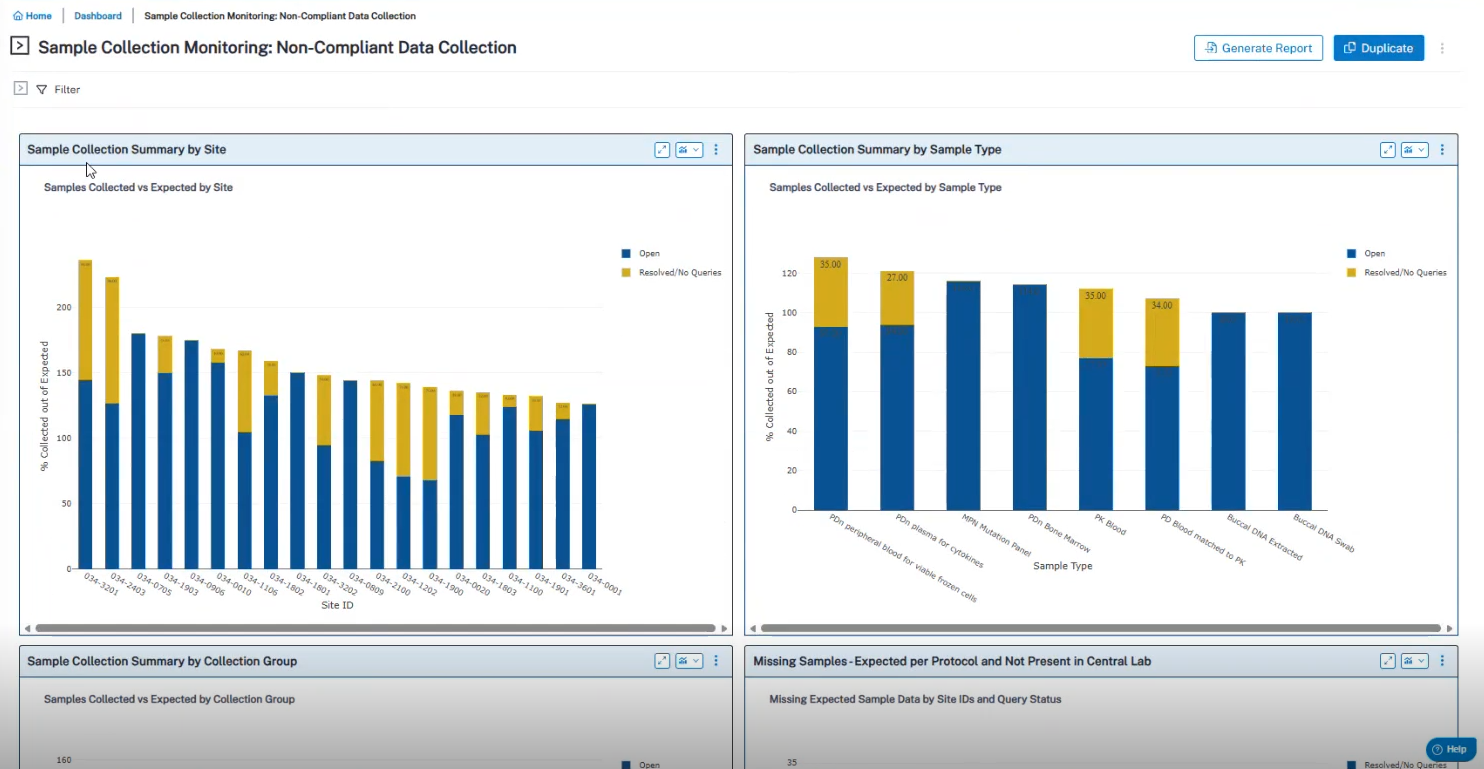
Figure 1. New Non-Compliant Data Collections Dashboard features 6 configurable visualizations that make it easy to monitor missing, partial, and out-of-protocol sample collections.
What’s coming next in QuartzBio’s product roadmap? Contact us to join our upcoming Innovation Summits (October-November 2025) — we’ll be gathering input from sponsor teams and sharing previews of new features.
